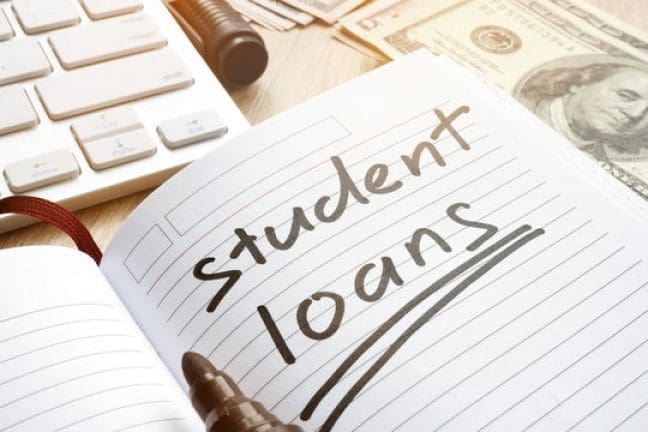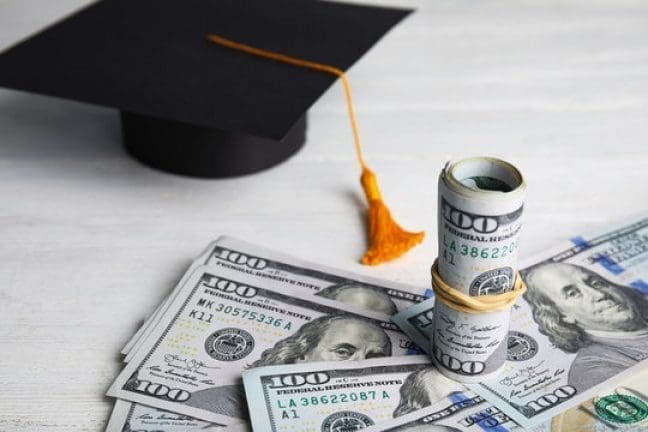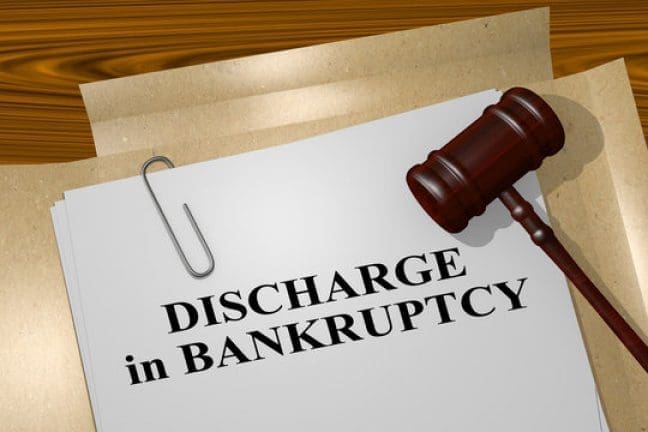The Supreme Court’s decision regarding the cancellation of student loans has no effect on programs that assist public servants, low-income, or disabled borrowers.

There are still numerous options for eliminating student debt.
The Supreme Court’s decision on Friday to block President Biden’s loan forgiveness program will be a huge letdown for the 43 million people who could have benefited from having up to $20,000 of debt forgiven, but millions of borrowers have already received debt relief through a variety of other means.
This is due to the fact that the Supreme Court’s rejection of the plan does not alter the laws and regulations that already provide many federal student loan borrowers with an exit strategy.
Following is a list of alternatives to paying off your federal student loan balance in complete. (Government-backed student loans are governed by a separate set of rules, which are typically much stricter.) It contains numerous references to other articles, FAQs, and explainers we’ve written on these subjects.

Too many individuals are unaware that they qualify for one or more of these programs. If you know someone who is struggling with student loan debt, you should suggest that he or she consider all available options.
Income-Based Payment
This mechanism for repaying debt, or having it annulled if it cannot be paid in full after two decades, has the greatest potential for the greatest number of individuals. Also, it is quite perplexing.
At its most fundamental level, it functions as it sounds: Your monthly payment is based on your monthly income. If you cannot afford to make a standard payment (as determined by the federal government’s definition of affordability), then you pay less, with the precise amount determined by a formula. If you have not paid off your balance after 20 or 25 years of income-based payments (depending on the repayment plan — there are several varieties), the government will forgive the remaining balance.
On its website, the U.S. Department of Education explains the various possible implementations.
Separate from the court-blocked debt cancellation plan, the Biden administration has proposed a much more generous form of income-based repayment that could go into effect shortly, though legal challenges to this plan are conceivable. In January, my colleague Tara Siegel Bernard wrote a primer to the proposal.
The Education Department is modifying the credits that millions of people have earned toward debt cancellation for those who are in the midst of counting down to 20 or 25 years. If you were ever in forbearance or deferment, additional months or years could be applied to the total number of years of qualifying payments. And if you took advantage of the pandemic payment pause, which is scheduled to expire this year, those months in which you did not make payments will still contribute toward your 20 or 25-year repayment period.
In March, Ann Carrns wrote about the Education Department’s efforts.

Public Service Loan Cancellation
In recent years, the once-troubled loan forgiveness program has improved, allowing government and nonprofit employees to have their balances forgiven after 10 years of payments.
During that decade, you must be employed full-time in an eligible position, repaying a so-called direct federal loan, making payments according to an income-based repayment plan, and meeting the payment deadline. Recently, hundreds of thousands of teachers and social workers have become debt-free as a result of Biden administration changes similar to the one Ann wrote about.
I summarized numerous program modifications in a 2021 column. In the 2022 column, you can view the profiles of several individuals who have eliminated their balances. In May, I wrote about a 28-year-old woman who assisted her retired mother with debt cancellation.
Closed or underachieving institutions
The Education Department has maintained for years a method to discharge student loan debt that permits “borrower defense.” This permits individuals to file a petition with the government if they believe their school misled them, engaged in misconduct, or violated a state law in relation to the loan or the services the school was supposed to provide.
During the administration of President Donald J. Trump, the Education Department attempted to restrict regulations and delay the process. Under the administration of President Biden, the Education Department loosened its regulations. In 2022, the debt balances of many students who borrowed to attend for-profit institutions or those operated by chains such as Westwood College, Corinthian Colleges, DeVry University, and ITT Technical Institute (among others, including defunct schools) will be forgiven.
On its website, the Education Department provides a thorough explanation of borrower defense.
Bankruptcy Discharge
Yes, student loan debt can be discharged through personal bankruptcy. No, it’s not simple.
To have your debt discharged in court, you must meet a certain legal requirement — demonstrating that repayment would cause “undue hardship.” Typically, this involves contending that it is “certainly hopeless” that you will ever pay off your debt. Much will depend on the court circuit in which you find yourself, as well as the judge who hears your case.

However, comprehensive debt cancellation is not unattainable. In November of 2012, Tara wrote an article about the process-easing modifications made by the Biden administration the previous year.
Disability Discharge
In the event that you become “totally and permanently” disabled, you can receive a debt discharge.
If you are classified as disabled by the Social Security Administration or the Department of Veterans Affairs, you should be automatically discharged. The Social Security Administration’s website describes how mental illness can qualify as a qualifying condition.
Otherwise, according to the Education Department, a physician would need to certify that you were “unable to engage in any substantial gainful activity due to a physical or mental impairment” that was “expected” to result in death, had been continuous for at least five years, or was expected to last for at least five years.
In a recent press release, the U.S. Department of Education explains the changes it made to disability eligibility requirements last year.
Death
The majority of individuals would not choose this as a solution to their debt burden. Nonetheless, if you are a young adult pondering about the federal PLUS loans that your parents or grandparents took out to pay for your education, you may be wondering if the debt expires with the person or people who assume it.
It does. The government will not file a claim against their estate, and you will not inherit the remainder.

